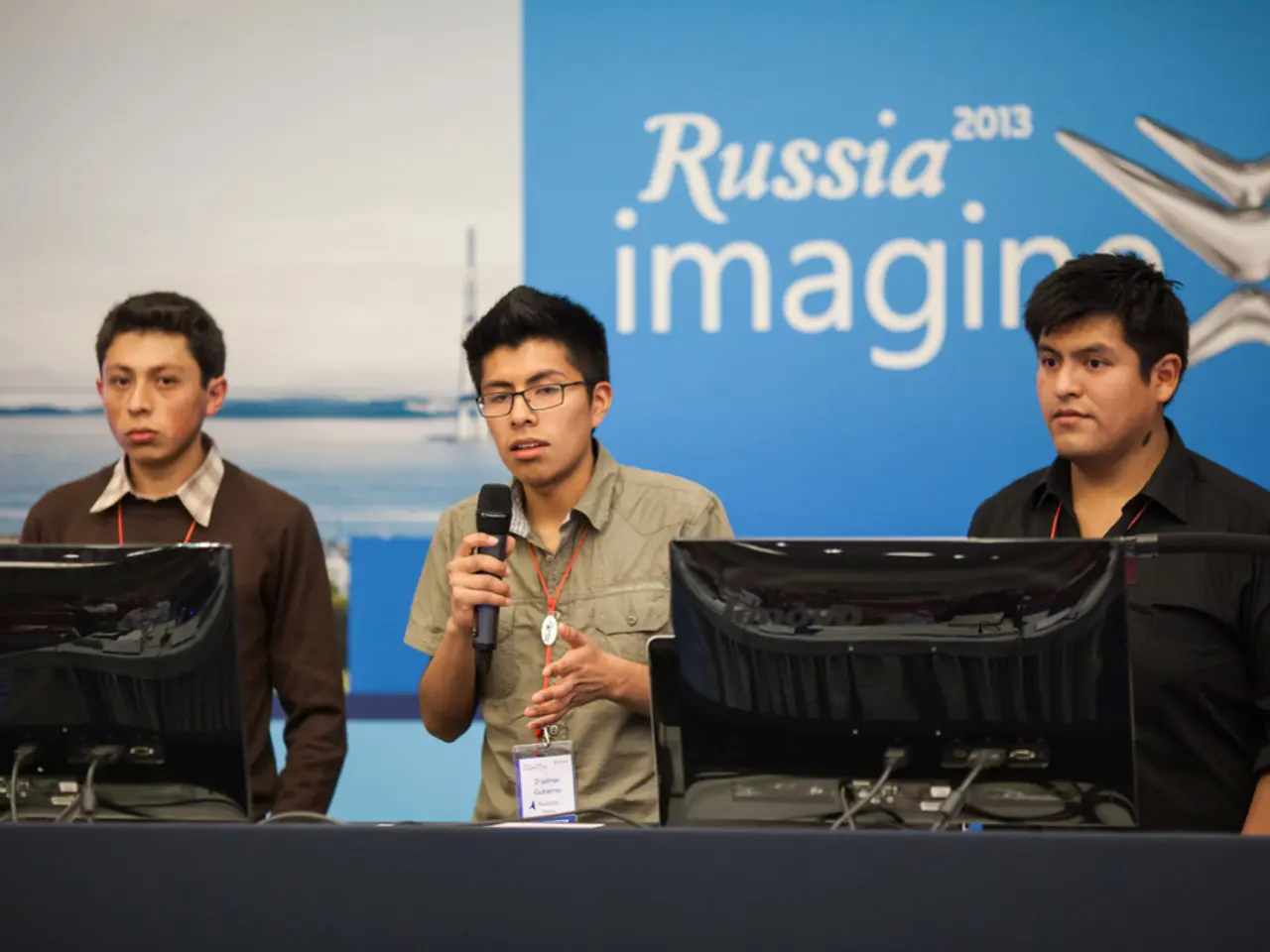Passage of controversial AI transparency legislation amidst opposition from musicians such as Elton John
In a controversial move, the Data (Use and Access) Bill has been passed into law on 19 June 2025, sparking intense debate within the creative sector. The legislation, designed to facilitate data sharing for economic growth and public services, has faced significant backlash from prominent musicians and industry figures, including Dua Lipa, Sir Paul McCartney, and Sir Elton John, who argue that it allows for the unconsented use of creative content by AI developers.
One of the key concerns revolves around the lack of transparency and protection for musicians' data. Baroness Beeban Kidron, a champion for UK creators, proposed an amendment (Amendment 49) requiring AI developers to disclose the data used in training AI models. However, this amendment was ultimately rejected, leaving no legal obligation for AI developers to inform musicians or other copyright holders if their work has been used in AI training datasets.
The rejection of this amendment has led to ongoing backlash and concern within the creative industry. Ed Newton-Rex, the organizer behind the album Is This What We Want?, which consists of 12 tracks of recorded silence in protest against AI models being trained on art without permission, calls for creators to unite and refuse to support the exploitation in the AI industry. Newton-Rex believes transparency is crucial in the AI industry, as it would prevent companies from using people's work without permission.
The bill's passage has also raised questions about tech firms' access to UK creatives' works and how they could be used to train AI models without their permission. More than 50,000 people have signed a statement against the bill, led by Abba's Björn Ulvaeus. The public agrees that AI companies should ask permission and pay creators to train their models on people's work.
Despite the controversy, the use of AI in the music industry continues to grow. 'A Million Colors', an AI-generated song, became the first-known AI song to enter the Top 50 in the TikTok charts. However, the output of AI music is often criticised as being "quite grim" and a "sinister combination of what's gone before."
In a bid to address some of the concerns raised, the government has agreed to publish a report on the use of copyright works in training AI within nine months of the law passing, and a progress report in six months. It remains to be seen whether these reports will provide the necessary safeguards for the creative sector and address the ongoing backlash against the Data (Use and Access) Act 2025.
Meanwhile, live classical music remains largely unaffected by AI, offering a soul-enriching experience that technology cannot yet compete with. As the debate around AI and copyright continues, it is clear that the creative sector will continue to push for transparency, protection, and recognition of their rights in the rapidly evolving world of AI.
- "The ongoing debate within the creative sector extends to the use of AI in music, with some arguing that AI-generated songs like 'A Million Colors' lack the soul and creativity found in classical music."
- "As the government publishes reports on the use of copyright works in training AI, traditional entertainment platforms, such as classical music concerts, are revered for providing an experience that technology still cannot replicate, offering a respite amidst the AI-driven changes in the industry."




